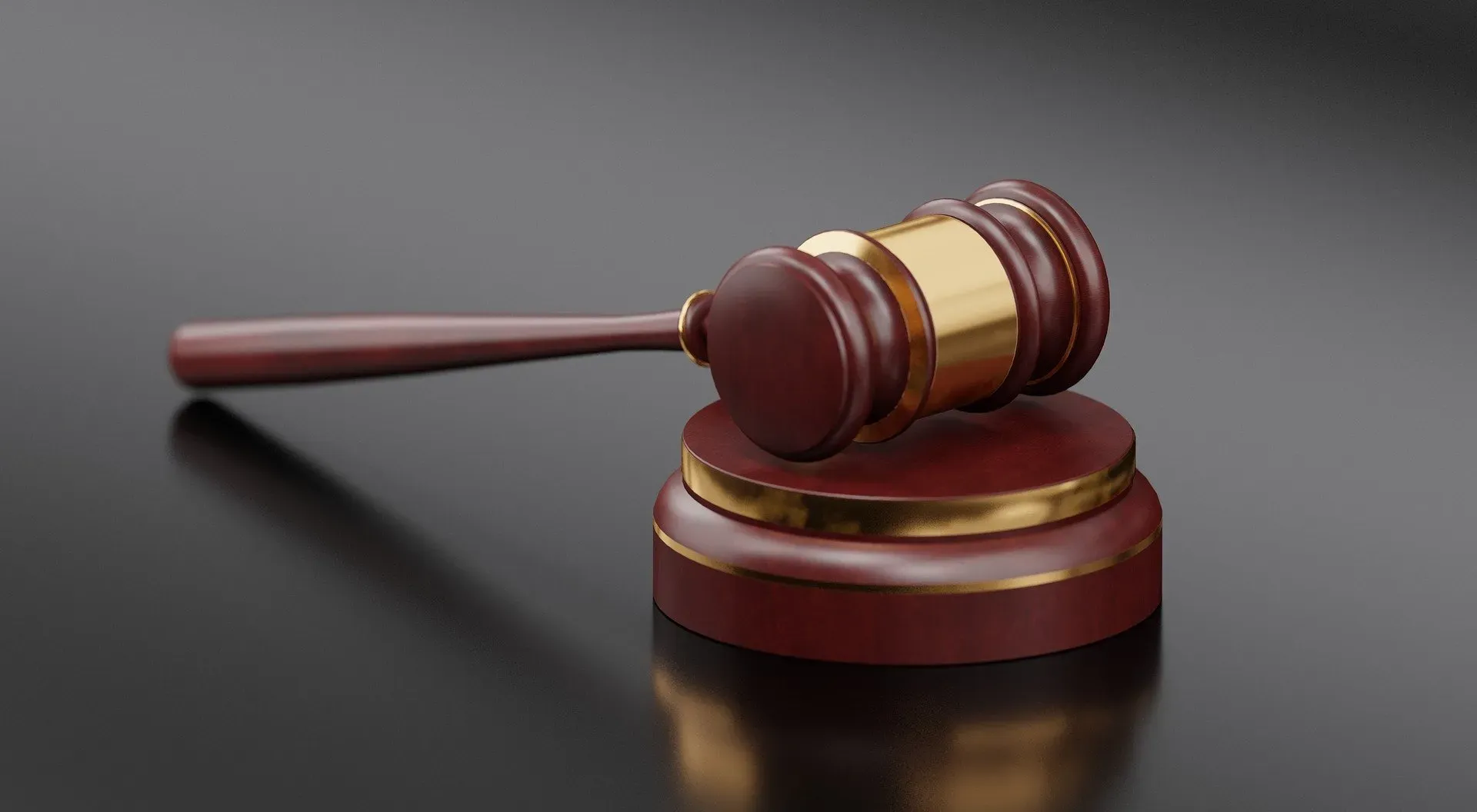Australia operates a judicial system much like every other nation in the world, and just like the rest, most court cases in Australia begin in a lower Court. In the ACT, the Territory’s lower Court is called the Magistrates Court of the Australian Capital Territory (or the ACT Magistrates Court). Simply put, it’s a busy court that many of Canberra’s legal professionals walk the halls of every day. It derives its jurisdiction from the Magistrates Court Act 1930 , which enables the Magistrates of the Court to hear both civil and criminal matters.
To fully understand what happens in the ACT Magistrates Court, here is a quick guide for you.
What is the Magistrates Court’s criminal jurisdiction?
If a criminal offence is alleged to have occurred in the ACT, then all criminal charges laid start proceedings in the ACT Magistrates Court. However, when it comes time to have a final hearing for them, there is a distinction between the ACT Magistrates Court’s jurisdiction and the ACT Supreme Court’s jurisdiction.
Offences within imposing a maximum sentence of two years or less of imprisonment must be heard in the Magistrates Court. Civil claims up to to $250,000 can be heard in the court, as with Commonwealth offences.
Within certain parameters, more serious indictable offences either may or must be heard in the ACT Supreme Court. However, if the offence charged meets the criteria provided in Section 375 of the Crimes Act 1900 (ACT), then a serious indictable offence may still be heard summarily in the ACT Magistrates Court as well.
The day to day reality of the ACT Magistrates Court is that a significant portion of its work is in its criminal jurisdiction.
The ACT Magistrates Court also has the jurisdiction to hold a committal hearing, which is a hearing of a serious offence in that Court to assess the strength of the evidence of the prosecution. Here, they need to determine where evidence led is sufficient enough to warrant a trial in the Supreme Court. Should the Magistrate deem evidence as insufficient to make out the charge, the charge can be dismissed.
Where is the ACT Magistrates Court located?
If you’re looking for a Magistrates Court in Canberra, it’s located in 4-6 Knowles Place, just off London Circuit. Here, the Magistrate and Supreme Courts are located in a single building. You’ll find the Supreme Court to the right entry of the building, and the Magistrate Court at the left side.
What else should I know about Magistrates Courts?
The ACT Magistrates Court has no jury in criminal cases, which differentiates it from the ACT Supreme Court. The magistrate makes all the decisions and findings of law and fact regarding criminal matters, which includes guilt or innocence, the sentences and other forms of penalty. Civil matters are also dealt with by a magistrate, meaning Magistrates make findings of law and fact including those orders pertaining to payments and actions to rectify the issue.
Learn More With The Best Canberra Criminal Law Firm
The ACT judicial system has been operating independently for many decades now. The ACT Magistrates Court fulfills a crucial role in hearing and determining legal cases across the ACT, as it deals with criminal and civil matters alike.
If you have a matter being heard in the ACT Magistrates Court, don’t hesitate to seek the help of a lawyer.
That said, choose to work with the best criminal lawyers in Canberra ! Andrew Byrnes Law Group specialises in all things criminal defence and we’ll help you understand the law and how to use it to get the best possible result in your case. With a modern and creative approach, we’ll represent you and help come up with the best possible strategy to adopt in your case. Book a free consultation with us today .
'
Date:
May 25, 2025
Author:
Francisca Wong
/
Associate





















.jpg)
.jpg)
.jpg)
.jpg)

